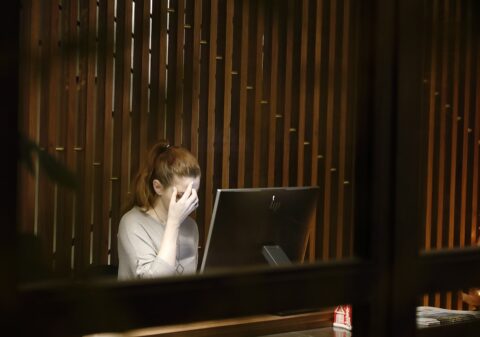CARA Directed By Supreme Court To Issue NOC: Easing The Path For Inter-Country Adoption

Introduction
The Supreme Court of India has recently issued a directive to the Central Adoption Resource Authority (CARA) to issue a No Objection Certificate (NOC) within four weeks to facilitate inter-country adoption. This move comes in response to a plea made by Prema Gopal, the petitioner, seeking to ease the process of inter-country adoption, highlighting the Judiciary’s critical role in ensuring the welfare of children and the smooth functioning of adoption procedures.
Table of Contents
Background of the Case
The case in question involves a 49-year-old single Indian woman (petitioner) residing in the United Kingdom who sought to adopt her brother’s twin children on 09.01.2020, born through surrogacy. followed by a Deed of adoption registered on 19.09.2022. The petitioner adopted the children under the Hindu Adoption and Maintenance Act, 1956 (HAMA) and sought an NOC from CARA to take the children to the UK. However, she faced procedural challenges, leading her to challenge the Madras High Court’s order, which held that CARA could issue an NOC only after the adoption was legally recognized by UK authorities.
The Role of CARA
Central Adoption Resource Authority is a statutory body that oversees both in-country and inter-country adoptions in India. It is responsible for laying down norms and ensuring compliance with the relevant regulations, including those under the Juvenile Justice (Care and Protection of Children) Act. CARA’s role is crucial in verifying the adoption process and issuing NOCs, which are essential for the legal recognition of adoptions in other countries. The purpose of issuing the NOC is to enable the adoptive parent(s) to smoothly adopt the child, legal recognition to the adoption and obtain visas and other important travel documents for adopted child. As both India and UK are signatories to the Hague Adoption Convention, NOC is required to be issued by CARA. As per chapter VIII of the Adoption Regulation, 2022, the procedure is to be followed for cases which are initiated after 17.09.2022 wherein the adoptive parent shall procure a sponsorship letter from the Authorised Foreign Adoption Agency followed by the process of obtaining NOC from CARA.
The Supreme Court’s Directive
The Supreme Court’s directive to CARA has highlighted the need for a more streamlined and efficient process for inter-country adoptions. The court emphasized that the issuance of NOCs should not be made onerous for prospective adoptive parents. This directive aims to address the difficulties faced by individuals like the petitioner in this case, who have faced prolonged delays and bureaucratic hurdles in obtaining the necessary documentation for the process of adoption. The Court reinforced that adoption is legally valid form the date of adopting the child, regardless of time when registered of the deed is completed. The Adoption Regulations, 2022’s procedural compliance requirements must be adhered to as the petitioner has UK citizenship. However, the mere fact that registration was completed later does not negate the legal sanctity of adoption under HAMA, 1956.
Implications and Future Directions
The Supreme Court’s intervention in giving direction to CARA in this matter is significant as it has upheld the importance of adhering to international conventions such as the Hague Adoption Convention, which aims to protect the best interests of children and ensure their welfare. Secondly, it also sends a clear message to CARA and other authorities that the process of inter-country adoption must be facilitated without unnecessary delays or obstacles.
The court’s directive also raises important questions about the coordination between CARA and other relevant authorities, both within India and abroad countries. It highlights the need for better communication and cooperation to ensure that children can be placed in adoptive homes without undue delays. The primary objective of legislations pertaining to adoption is to provide a child-friendly approach in the adjudication and disposal of matter in the best interest of children.
Conclusion
The Supreme Court’s directive to CARA to issue an NOC within four weeks is a significant step towards easing the process of inter-country adoption. It reflects the court’s commitment to the welfare of children and the need for a more efficient and streamlined adoption process. As CARA and other authorities work to implement this directive, it is hoped that future cases of inter-country adoption will face fewer hurdles, ensuring that children can find loving homes in a timely manner. Transnational adoption should be followed by a streamlined process to ensure the best interest of children, not only when they are in India but also when the adoption takes places and they are taken abroad and they do not face any sort of post adoption identity issues.
For more details, write to us at: contact@indialaw.in
By entering the email address you agree to our Privacy Policy.



